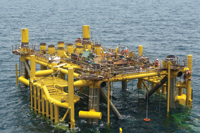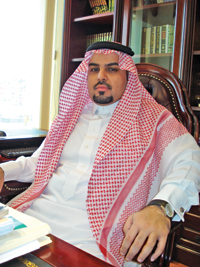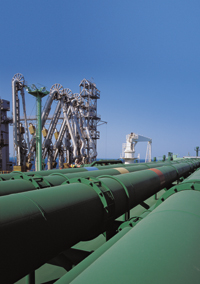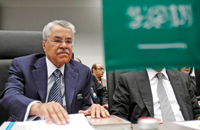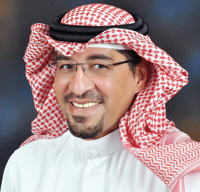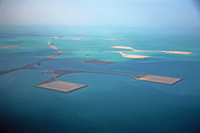
 Sabic ... always taking a proactive approach
Sabic ... always taking a proactive approach
IRRESPECTIVE of what the global economic conditions may be, the manufacturing sector remains a key part of any national economy; and Sabic, as a world-leading manufacturer, is a strategic enabler of growth and job creation, playing a decisive part in Saudi Arabia’s socio-economic development.
With an infrastructure of 19 production complexes in Saudi Arabia alone, Sabic’s manufacturing has had a direct impact on job creation by spawning several related production and service industries supporting its manufacturing needs.
In a keynote address at the Seventh MIT Pan Arab Conference, under the theme, ‘Manufacturing for Growth, Jobs and Diversification’, Mohamed Al Mady, Sabic vice chairman and CEO, said that the Sabic experience is truly reflective of what economic benefits can accrue to the national economy from manufacturing.
In 2011, Sabic’s direct value-added contribution to the GDP was about 2 per cent. Its private sector GDP contribution was about 9 per cent, and its contribution to the industrial non-oil sector GDP was 34 per cent.
The role of manufacturing, Al Mady said, continues to be deeply embedded in Saudi Arabia’s ongoing economic plans. “Sabic has always taken a proactive approach to align with the policies of the government to ensure the desired responsiveness to the needs of the country and its people,” he said.
On generating employment for Saudi nationals, Al Mady said: “Sabic takes the process of employing local talent seriously. I am proud to say that more than half of Sabic’s global workforce of 40,000 is based in Saudi Arabia, with a Saudisation rate of nearly 90 per cent.
“Moreover, we have gone beyond our own manufacturing units to localise jobs. We are working with our contractors to maximise their employment of capable Saudis. In close collaboration with local partners in government, Sabic has also developed a programme to engage and train 5,000 Saudi high school leavers to take up a wide variety of manufacturing and office support positions in Sabic.”
Stressing on the importance of education in creating jobs, Al Mady said the company’s in-house training programmes at its plants support Saudi Arabia’s national efforts to localise industrial jobs.
Sabic also has an ambitious programme to annually hire high school graduates with high potential. “We train them thoroughly in manufacturing operations before deploying them in our plants in Saudi Arabia.”
Al Mady made a special mention of Sabic’s new institute in Yanbu to train Saudis with a high school education or above in Sabic’s newly established elastomer venture. “Our upcoming workforce will receive top-class technical education and training at this institute to undertake complex manufacturing tasks,” he said.
Al Mady explained that these efforts run parallel to Sabic’s executive training programmes at the company’s newly-formed Sabic Academy at its headquarters in Riyadh. “To continue our journey of success, we have invested in the Academy to focus on continuous learning,” he says.











































































